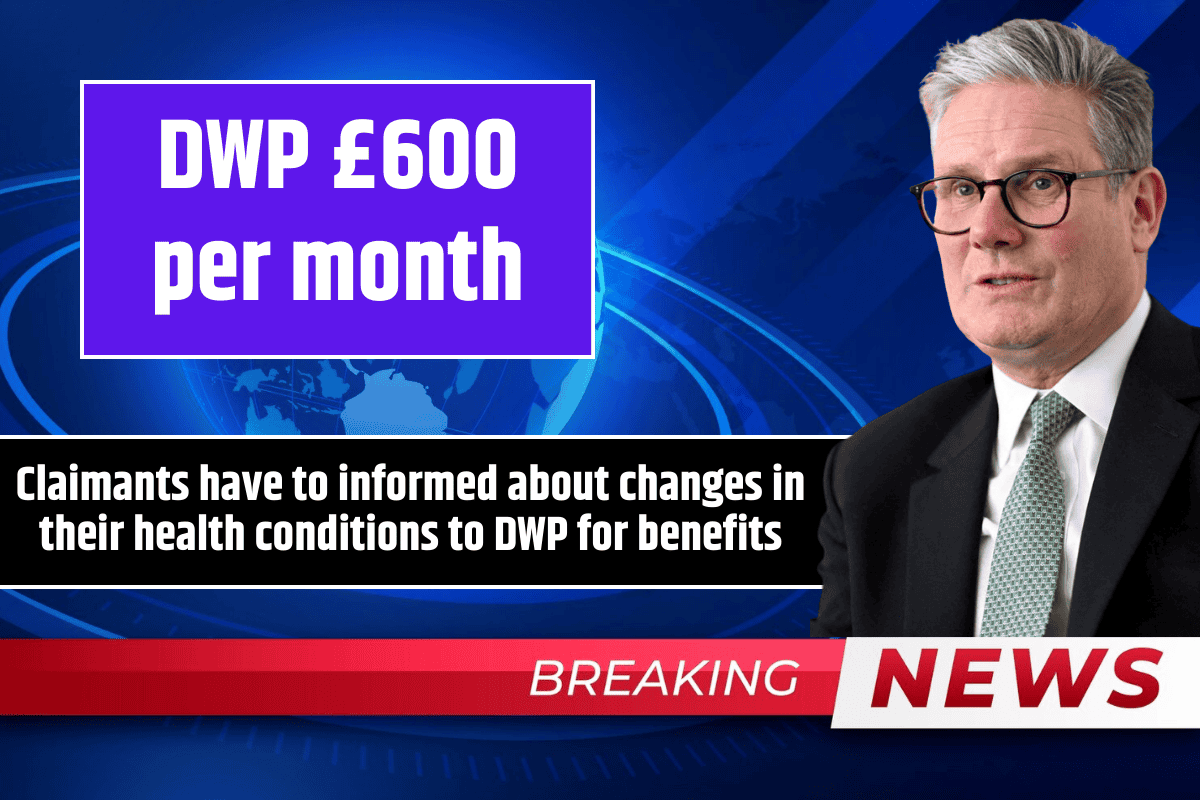If you receive Personal Independence Payment (PIP) or Adult Disability Payment (ADP), it’s important to tell the Department for Work and Pensions (DWP) about any changes in your health. These benefits depend on how your condition affects your daily life and mobility, so even small changes can affect how much money you get.
Why Reporting Changes Matters
PIP and ADP payments are based on how your disability affects your daily activities, not just on your diagnosis. If you don’t report changes, you might lose some or all of your benefits, and failing to inform the DWP could be seen as benefit fraud. On the other hand, if your condition gets worse, you might get more money — possibly up to £700 per month.
How Health Changes Could Increase Your Payments
If your health worsens, you might qualify for higher payments. For example:
The basic mobility component pays about £28.70 per week (£114.80 per month).
The enhanced mobility and daily living component pays about £184.30 per week (£737.20 per month).
If you started on a lower rate and your needs change, you could get a much bigger payment.
Risks of Reporting Changes
While reporting worsening health can increase payments, telling DWP about improved health might reduce your benefits or even stop them completely. The government explains that payments are based on how your condition affects your independence, so people with the same diagnosis might get different results.
When You Must Report to the DWP
You should contact the DWP if:
You need more or less help with daily living or moving around.
Your condition changes and is expected to last longer or shorter than before.
A doctor says you may not live more than 12 months.
How to Report Changes
You can call the PIP enquiry line at 0800 121 4433 to report any changes in your health.
Who Receives PIP and ADP?
Around 3.6 million people in the UK currently get PIP. Only about 36% receive the highest level of payment. In Scotland, new claimants get ADP instead of PIP, and current PIP cases will switch to ADP soon.
Keeping the DWP updated about changes in your health is very important to make sure you get the right level of financial help. If your condition gets worse, you could receive more money, but if it improves, your payments might go down. Always report changes quickly to avoid problems and get the support you deserve.
FAQs
What is Personal Independence Payment (PIP)?
PIP is a UK benefit that helps with extra costs caused by long-term illness or disability.
Why should I report changes in my health to the DWP?
Because PIP payments depend on how your condition affects daily life, and changes could affect your benefit amount.
Can reporting a worsening condition increase my PIP payments?
Yes, if your health worsens, you could qualify for higher payment rates, increasing your benefits.
What risks are there if I report improvements in my health?
Your payments might be reduced or you might lose eligibility for benefits if your health improves.
How do I report a change in my condition to the DWP?
You can report changes by calling the PIP enquiry line at 0800 121 4433.
What happens if I don’t report changes to my health?
Not reporting changes could lead to loss of benefits and may be considered benefit fraud.

















